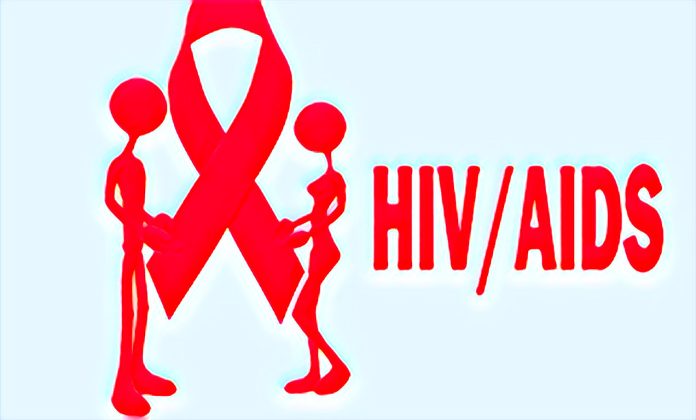Key Points
-
Over 4,000 young women contract HIV weekly, most in sub-Saharan Africa.
-
AHF urges better access to healthcare, education, and empowerment programs.
-
Advocates call for urgent action to reduce HIV infections among young women.
The AIDS Healthcare Foundation (AHF) Nigeria has raised concern over rising HIV infections among young women.
The group said about 4,000 women between 15 and 24 years old get infected every week.
More than 3,300 of these new cases occur in sub-Saharan Africa, according to data released ahead of the 2025 International Day of the Girl.
Steve Aborisade, AHF Nigeria’s Advocacy and Marketing Manager, urged governments to act quickly.
He said leaders must invest more in HIV prevention, testing, and treatment. He also called for policies that help girls access healthcare, education, and reproductive health services.
“Investing in young women means investing in our future,” Aborisade said. “Without better access to healthcare and information, infections will continue to rise.”
Advocates push for education and reproductive health access
To mark the International Day of the Girl, AHF Nigeria plans an empowerment event at Community Commercial Secondary School, Ikot Oku Ubo, Uyo, on October 10.
The program will promote menstrual health, leadership, and education. It will also reward girls with outstanding ideas and distribute free sanitary pads.
Civil society groups such as CISHAN, CCCRN, and ECEWS will take part in the event. Officials from the Akwa Ibom State Ministry of Women Affairs will also attend.
Aborisade explained that access to education and reproductive health services can lower infection risks.
He said empowering young women helps them make informed choices that protect their health.
AHF calls for urgent action to protect young women
AHF Nigeria Country Programme Director, Dr. Echey Ijezie, said the situation remains serious.
He blamed inequality, gender-based violence, and poor menstrual health for the rise in HIV infections among young women.
“Thousands of girls get infected each week due to poor education and limited health access,” Ijezie said. “We can prevent these infections if we act fast.”
He revealed that in 2023, 1.9 million adolescent girls and young women were living with HIV globally, compared with 1.2 million boys and young men.
The International Day of the Girl, marked every October 11, he said, offers a chance to celebrate girls’ achievements and push for policies that secure their future.



